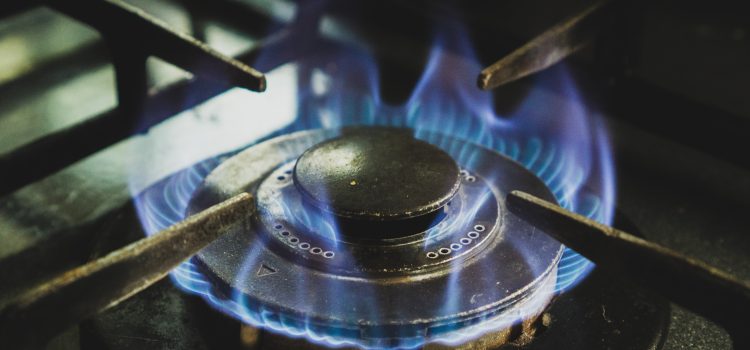
Introduction:
Gas stoves have been a staple in many homes for decades, but recent studies suggest that they may be harming our health. The burning of gas releases harmful pollutants into the air, including carbon monoxide, nitrogen dioxide, and formaldehyde. These pollutants can lead to a range of health problems, including respiratory issues, headaches, and even cancer. In this article, we will explore the potential health risks associated with gas stoves and what steps you can take to reduce your exposure to these pollutants.
The Health Risks of Gas Stoves:
When gas stoves are used for cooking, they release a range of harmful pollutants into the air. Carbon monoxide is one of the most dangerous, as it can cause headaches, dizziness, nausea, and even death in high concentrations. Nitrogen dioxide is another pollutant that can cause respiratory issues, including asthma, bronchitis, and pneumonia. Formaldehyde, a chemical commonly found in many household products, can also be released when gas stoves are used, and has been linked to an increased risk of cancer.
Research on the health risks of gas stoves has been ongoing for many years. In 2015, a study published in the Journal of Environmental Health Perspectives found that cooking with gas stoves was associated with an increased risk of asthma symptoms in children. Another study published in the journal Environmental Health in 2018 found that exposure to nitrogen dioxide from gas stoves was associated with an increased risk of stroke.
Reducing Your Exposure to Gas Stove Pollutants:
Fortunately, there are steps you can take to reduce your exposure to pollutants from gas stoves. One of the most effective ways is to switch to an electric stove, which does not release harmful pollutants into the air. If you are unable to switch to an electric stove, there are other steps you can take to reduce your exposure, including:
- Using a range hood to vent pollutants outside
- Opening windows to increase ventilation
- Using the back burners on your stove, as they release fewer pollutants
- Keeping the flame on your stove as low as possible
Conclusion:
Gas stoves have been a popular choice for many households for years, but recent studies suggest that they may be harming our health. The pollutants released by gas stoves can lead to a range of health problems, including respiratory issues, headaches, and even cancer. If you are concerned about the potential health risks associated with gas stoves, there are steps you can take to reduce your exposure to these pollutants. By switching to an electric stove or taking other measures to reduce your exposure, you can help protect yourself and your family from the harmful effects of gas stove pollutants.










